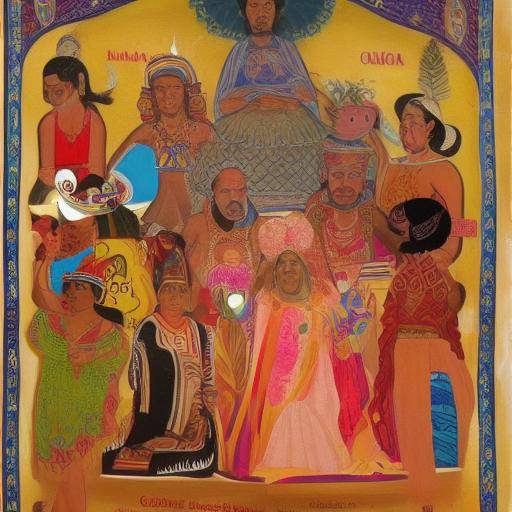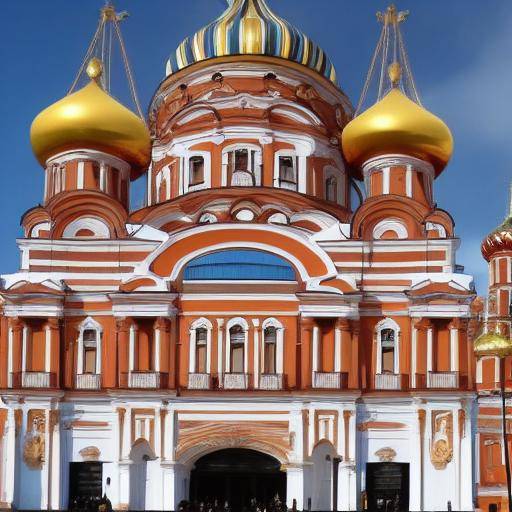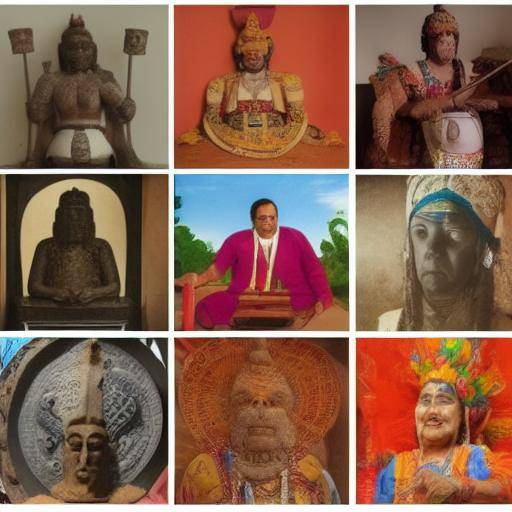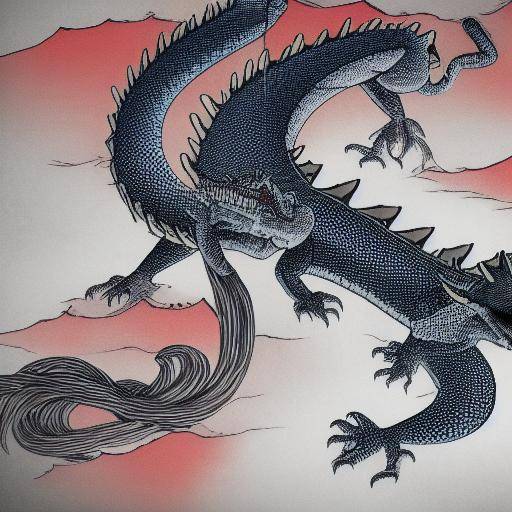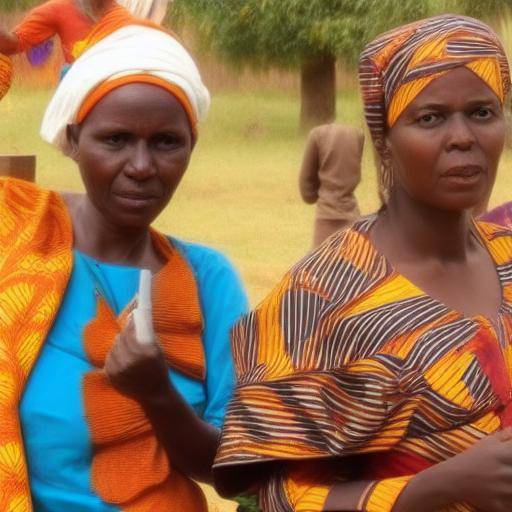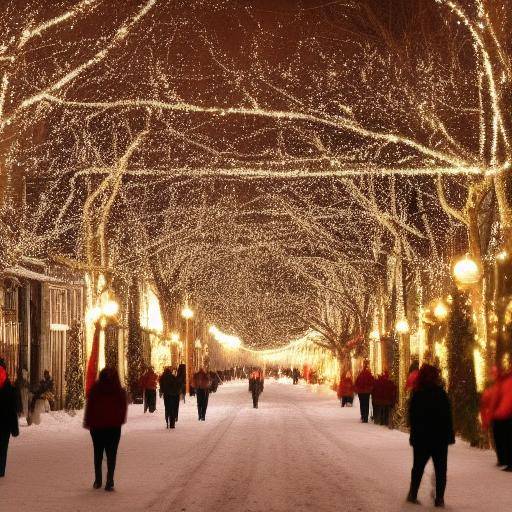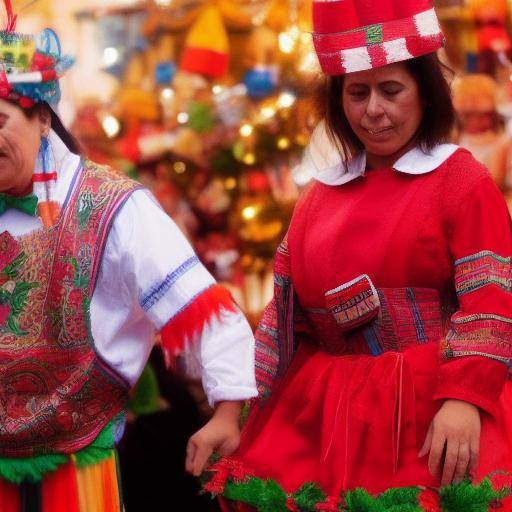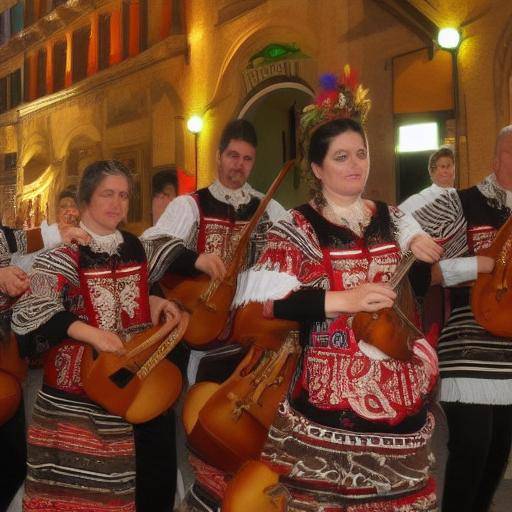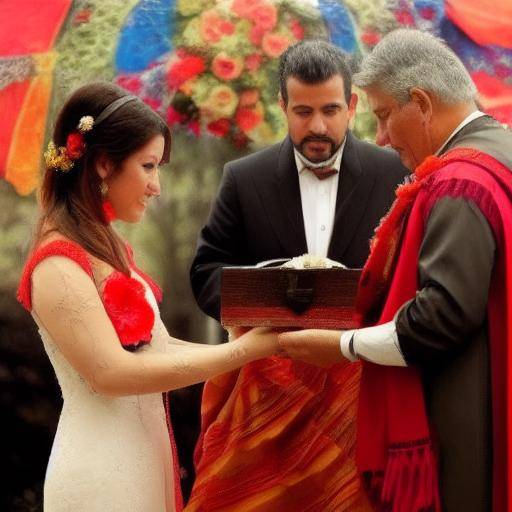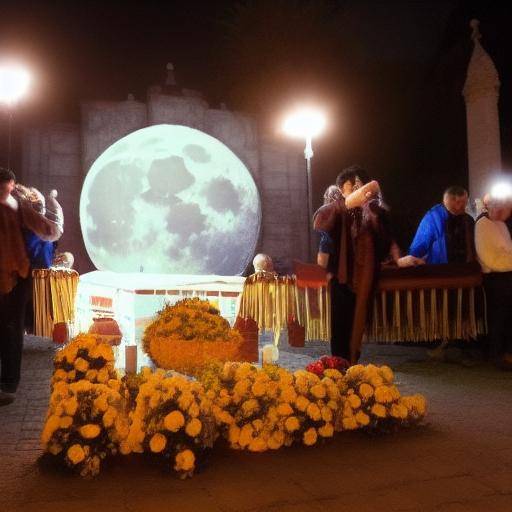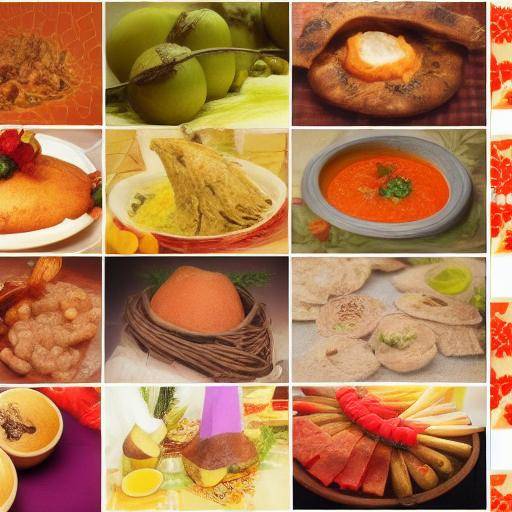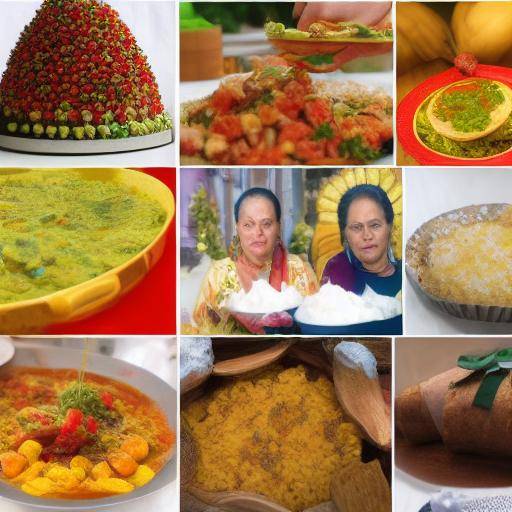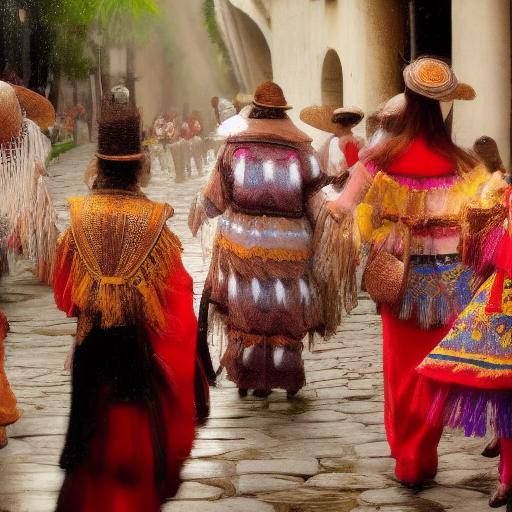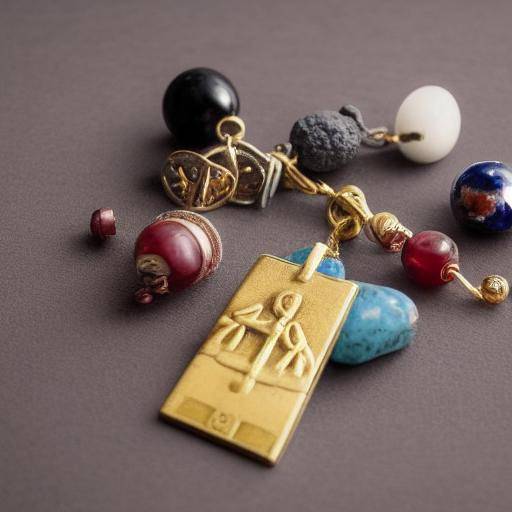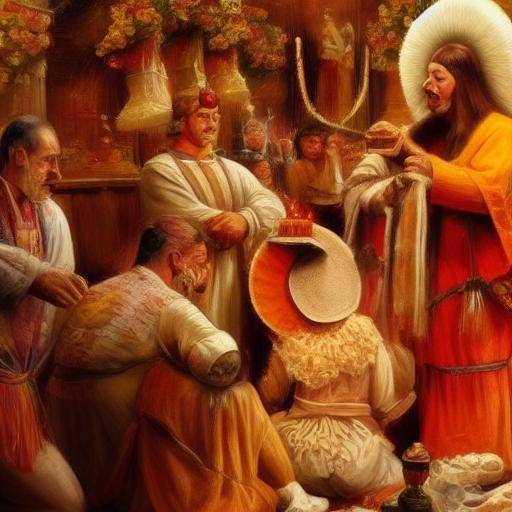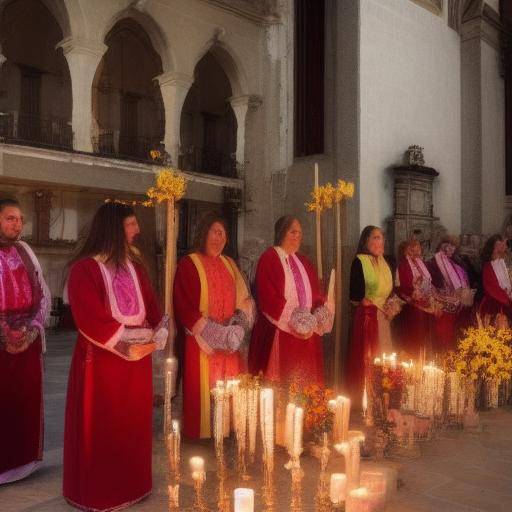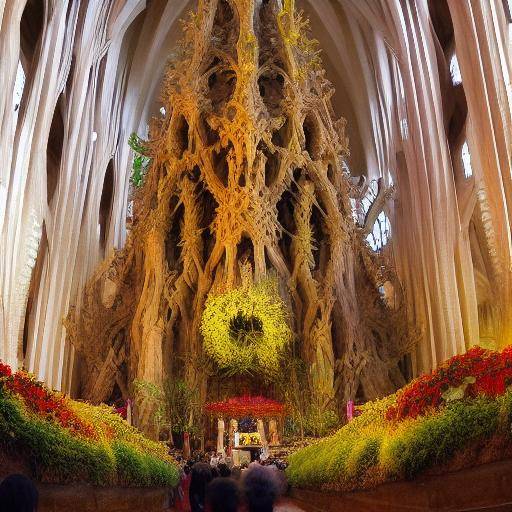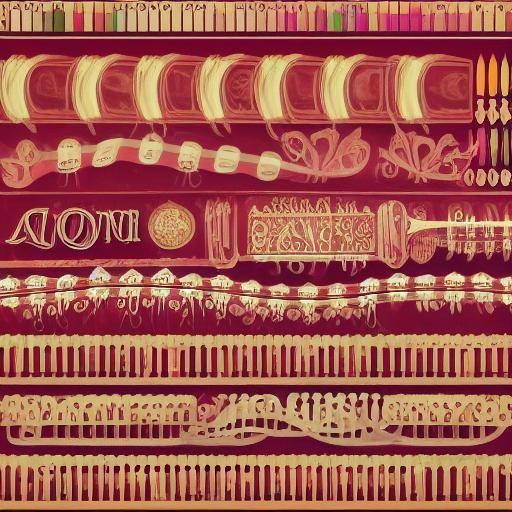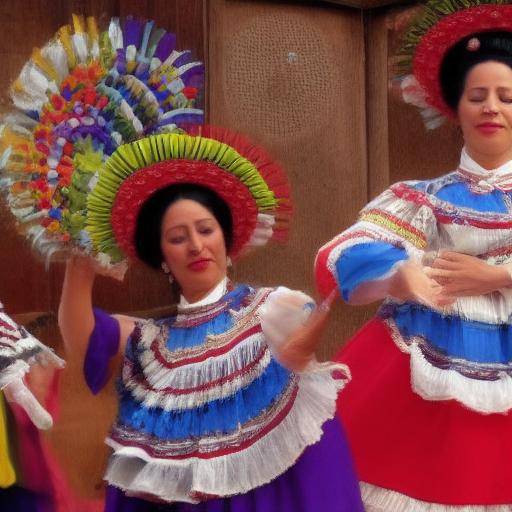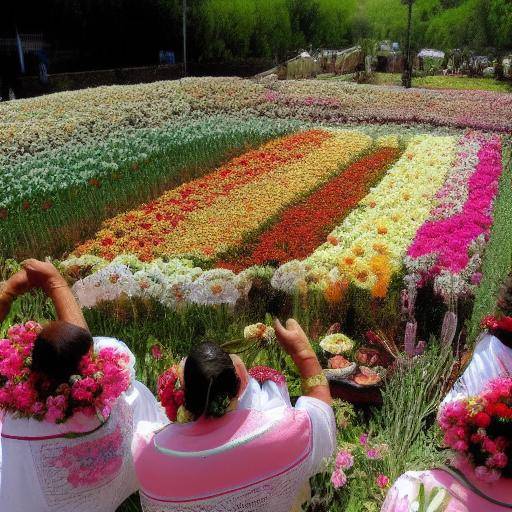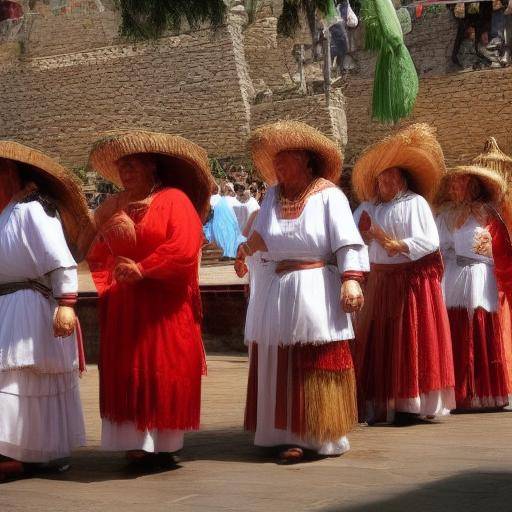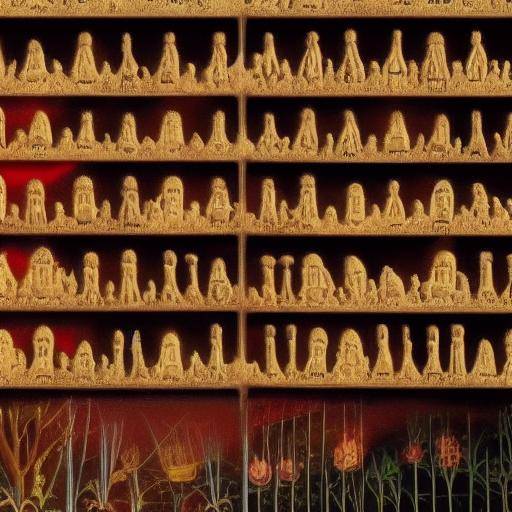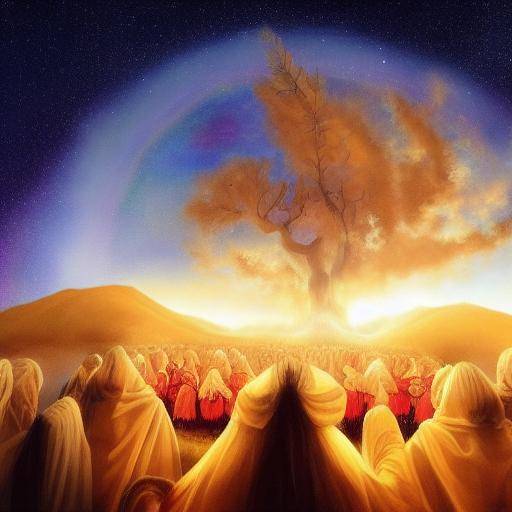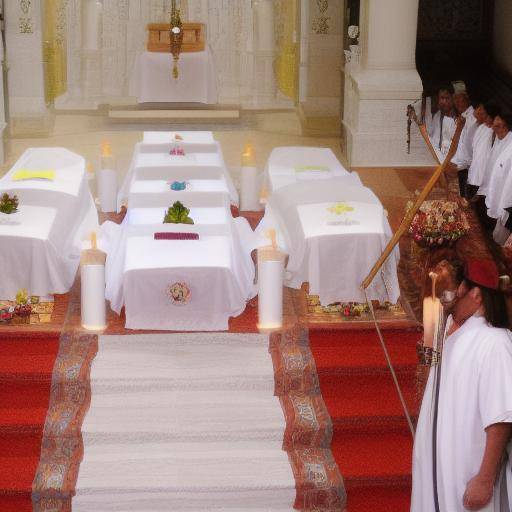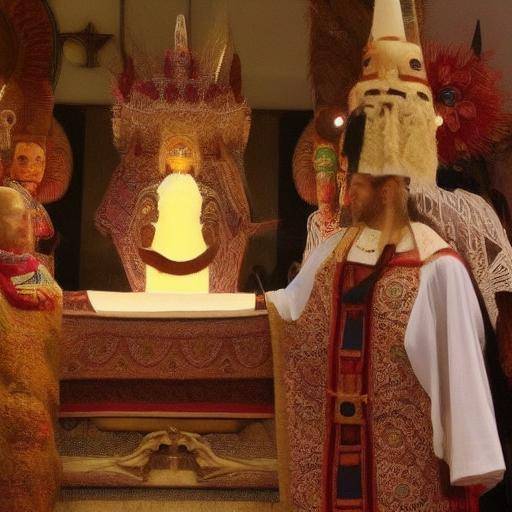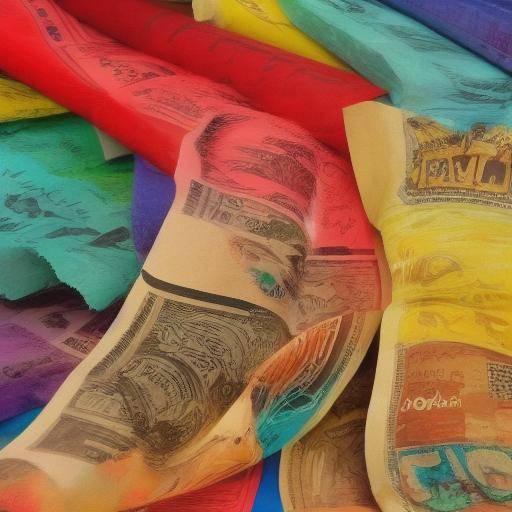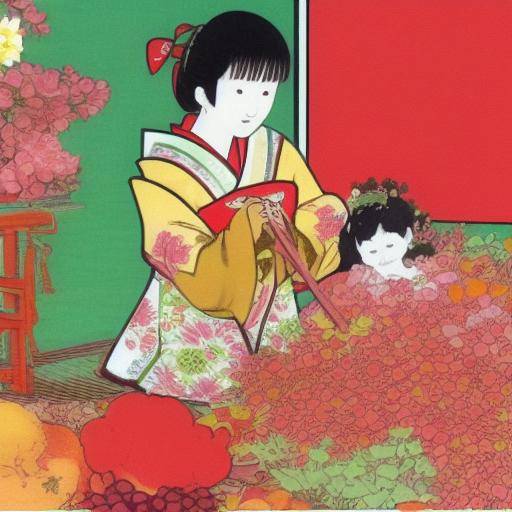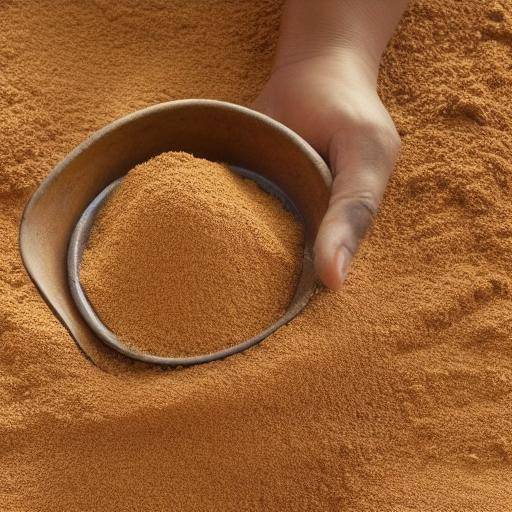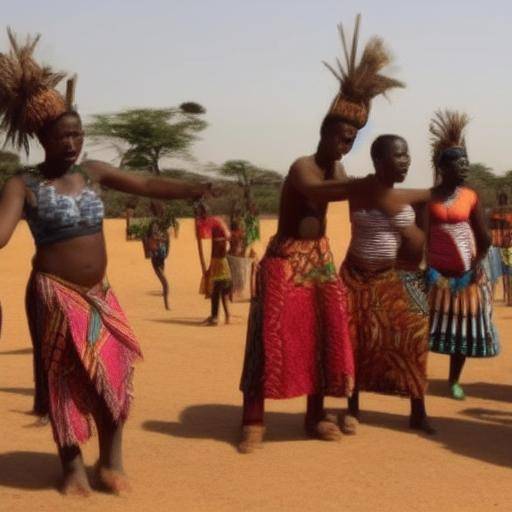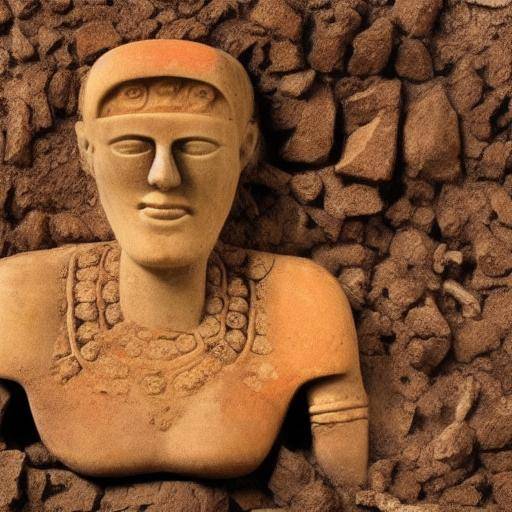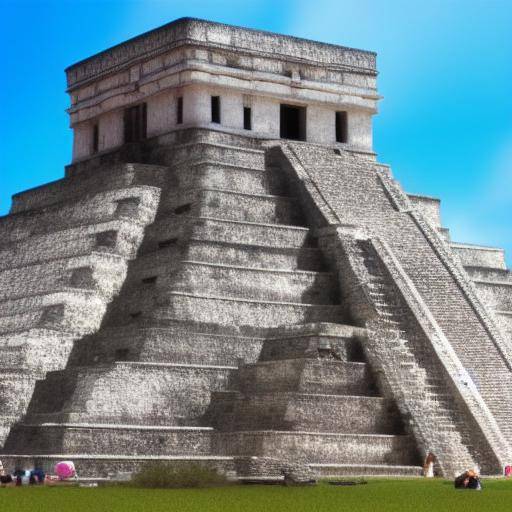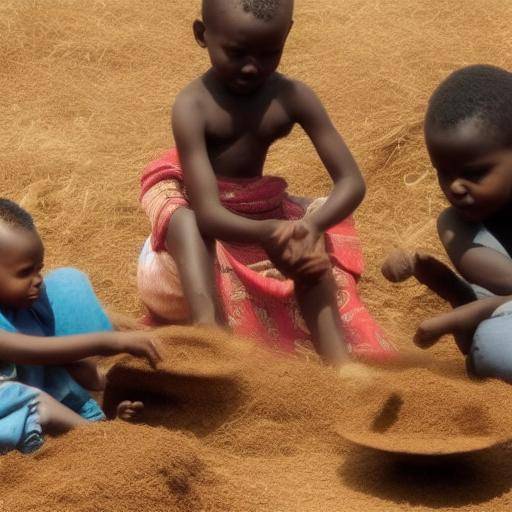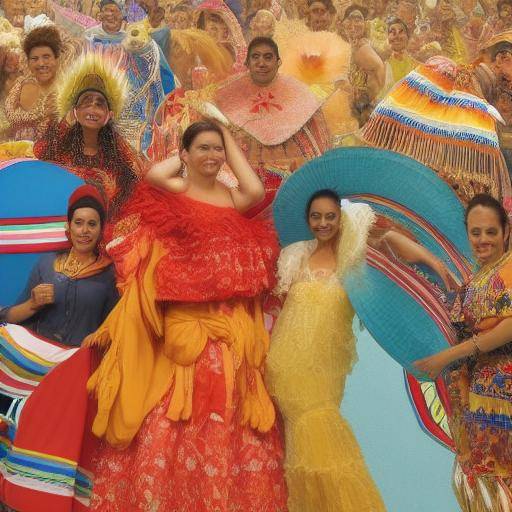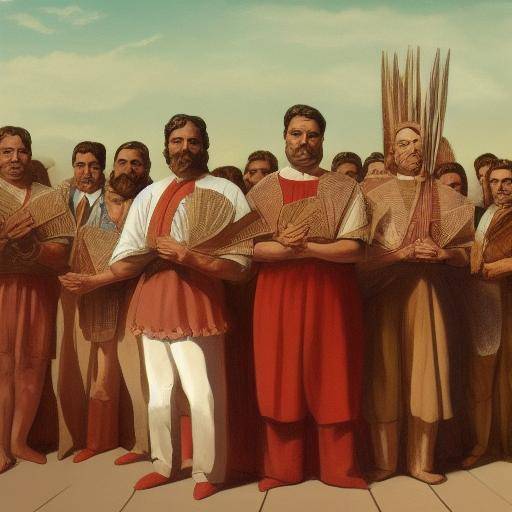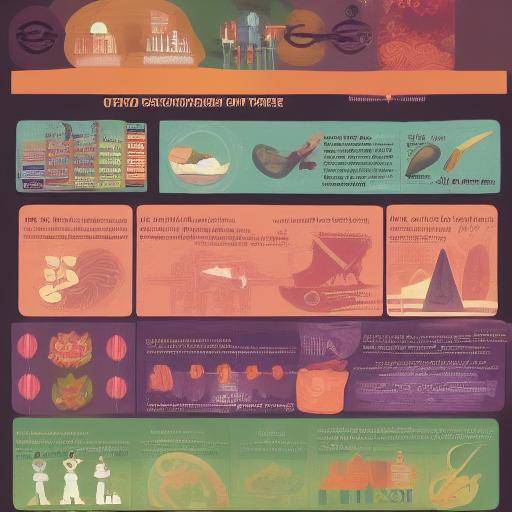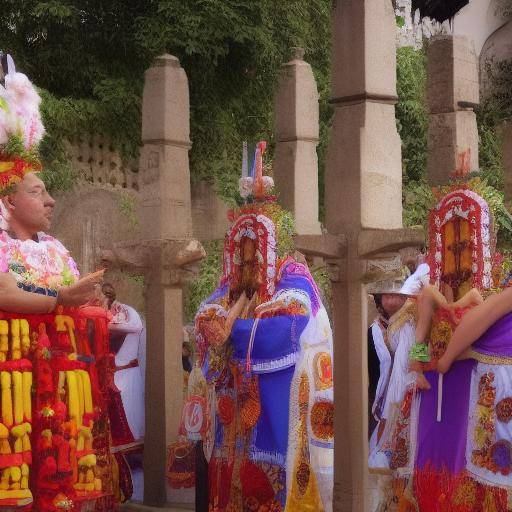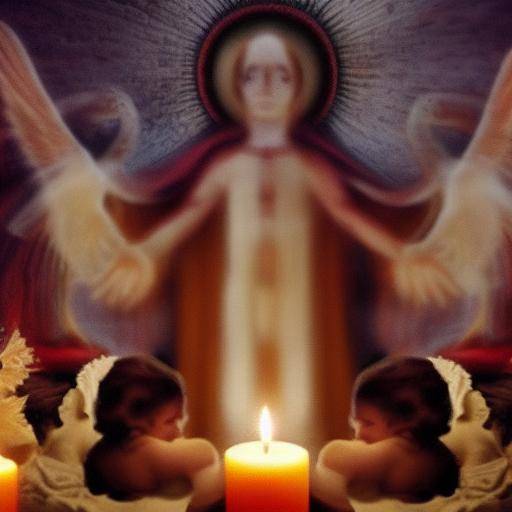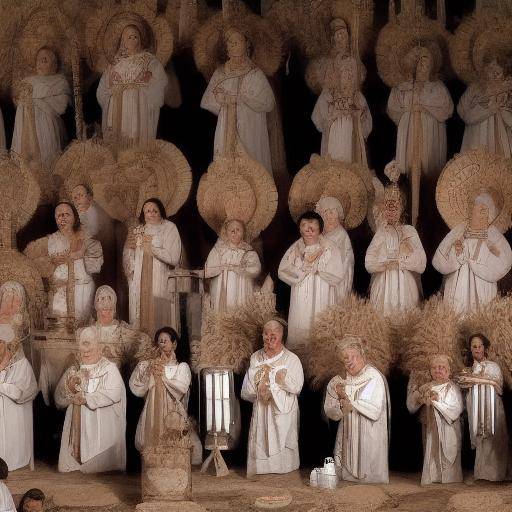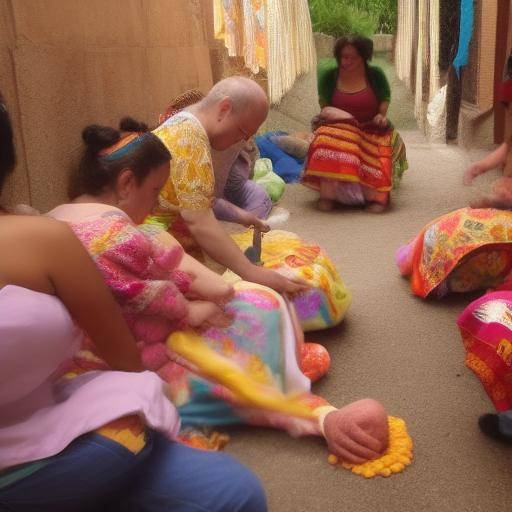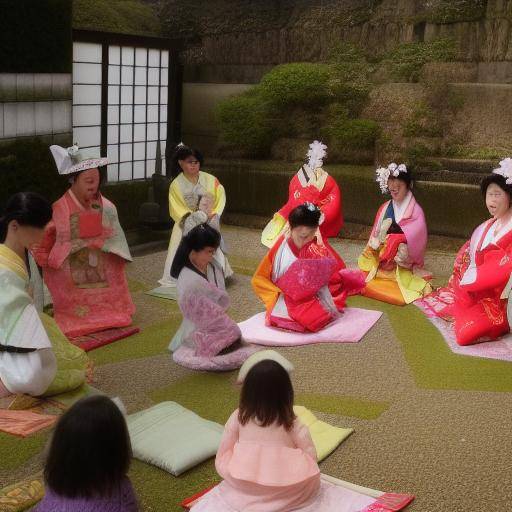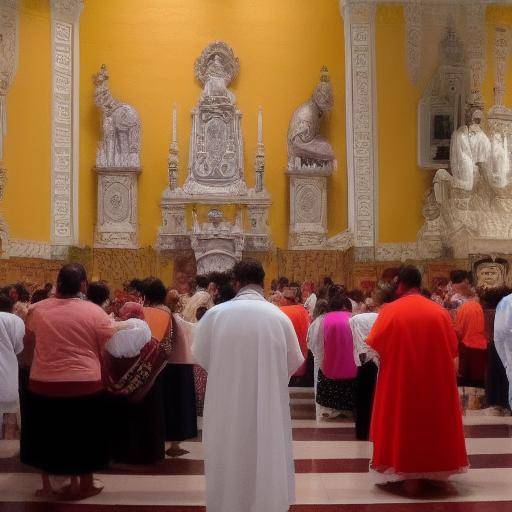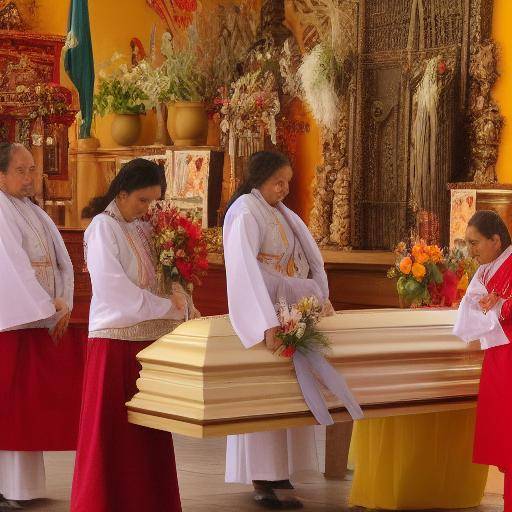
Funeral traditions have been an integral part of human experience throughout history. Beyond simply being rituals to dismiss loved ones, these traditions contain a profound cultural meaning that reflects the beliefs, values and worldview of each society. In this article, we will explore the rich upholstery of funeral traditions in different cultures, unraveling their meaning, historical evolution, current perspectives, and differences and similarities between them. Join us on this journey to understand and appreciate the diversity of funeral practices that enrich our world.
Introduction
Funeral traditions reflect the unique relationship that every culture has with death and beyond. Since time immemorial, funeral rituals have been vital to honor and remember the deceased, while providing comfort and support to those left behind. In this article, we will explore how different cultures address the mourning process through their funeral traditions, and how these practices have evolved over time. In addition, we will examine the underlying meaning of these traditions and their relevance in modern society. From colorful and festive ceremonies to solemn and reflective, each tradition offers a unique window to the complex relationship between life, death and culture.
History and Background
Funeral traditions have ancient roots that go back to the first human civilizations. In ancient Egypt, for example, the elaborate ceremony of embalming and burial in pyramids reflected belief in life after death and the importance of preserving the body for the transition to the beyond. On the other hand, in the viking funeral traditions, the bodies of the deceased were sent to the beyond on funeral ships, surrounded by goods and tools for their journey. This diversity of funeral practices throughout history reveals the depth of cultural beliefs in relation to the transit between life and death.
Funeral traditions have evolved significantly over time, influenced by religious changes, technological advances and social trends. In ancient Greece, for example, funeral practices went from community rituals to greater privatization over time. Similarly, today, globalization and migration have led to the fusion of funerary traditions in many cultures, creating hybrid practices that reflect contemporary cultural diversity.
Analysis in Deep
Funeral traditions play a crucial role in mourning and pain management. Although the forms of mourning vary widely in different cultures, funeral traditions provide a space for the expression of pain, the celebration of past life and the transition to a new emotional balance. These rituals also play an important social role in bringing communities together to support each other in times of loss. However, as societies evolve, funeral traditions have faced significant changes and challenges. The growing secularization in many societies, for example, has led to a change in funeral practices towards more humanistic and personalized approaches. In addition, the emergence of technology has opened new possibilities, such as the creation of online memorials and the preservation of ashes in diamonds, redefining the ways in which we honor our loved ones after their departure.
Specifically, in Japanese culture, funeral traditions are rooted in Buddhism and symptoism. Japanese funerals often include rituals of purification, cremation and bone placement in a family urn on the domestic altar. Appropriate clothing and behaviour at funerals are governed by strict cultural label rules, reflecting deep respect and reverence for the deceased.
Comprehensive review
Funeral traditions also have a significant impact on the economy and industry. From the provision of funeral services to the manufacture of coffins and urns, funeral practices constitute an important commercial sector in many societies. In some cultures, funerals are costly and elaborate events, leading to the diversification and professionalization of the funeral industry. On the other hand, there is growing interest in more sustainable and environmentally friendly funeral practices, leading to innovation in ecological and alternative burial methods.
Comparative analysis
When we compare funeral traditions in different cultures, a diverse and complex landscape emerges that reflects the unique worldviews and values of each society. While some cultures emphasize solemnity and serenity at funerals, others celebrate the life of the deceased through festive and colorful rituals. Differences in funeral approaches can also reflect cultural attitudes towards death and beyond, from fear and sadness to the acceptance and celebration of a well-lived life.
Practical Tips and Accessible Tips
In the funeral planning process or in facing the loss of a loved one, it is important to consider cultural differences and traditions to adequately honor the deceased and provide comfort to the mourners. Here are some practical tips to address the diversity of funeral traditions:
- Research: Before participating in a funeral of a different culture, investigate traditional practices and protocols to act with respect and sensitivity.
- Learn: Understanding funeral beliefs and practices of different cultures can enrich our understanding of life and death.
- Respect: Shows respect for the traditions and beliefs of others, even if they differ from yours.
- Emotional support: Provide emotional support to those who are mourning, regardless of their cultural beliefs.
Perceptions of Industry and Expert Reviews
Experts in anthropology, sociology and psychology play a fundamental role in the study and understanding of funeral traditions. Their research and opinions shed light on the complexity of these cultural rituals and their importance within contemporary society. According to cultural anthropologist Margaret Mead, " funeral traditions are a unique window to the complex relationships between life, death and culture, revealing how different societies face the mystery of death and the legacy of the deceased." These reflections invite us to appreciate the cultural and anthropological richness of funeral traditions throughout the world.
Case Studies and Real Life Applications
A remarkable case study is the Chinese ancestral festival, known as Qingming, in which families honor their ancestors by cleaning their graves, offering food and burning incense. This festival illustrates the profound connection between the present and the past, emphasizing the importance of keeping family and cultural ties alive through generations. In addition, the case of the Mexican holidays of the Day of the Dead offers a unique vision of the celebration of death as an integral part of life, with colorful offerings, visits to cemeteries and the construction of commemorative altars.
Future Trends and Predictions
The future of funeral traditions is probably marked by continued cultural and technological developments. Funeral practices are expected to continue to adapt to changing attitudes towards death and spirituality, as well as to the demands of a globalized society. We are likely to see a greater emphasis on personalized and sustainable funeral approaches, as well as technological innovations that will transform the way we remember and honor our loved ones.
Conclusion
In short, funeral traditions in different cultures are a powerful testimony to the diversity and wealth of human beliefs and practices. Throughout history, these traditions have evolved and diverged, reflecting the complexity of the relationship between life, death and culture. By understanding and appreciating the various funeral traditions, we can embrace the cultural wealth that enriches our world and find significant ways of honoring the memory of our loved ones.
Frequently asked questions
1. What is the purpose of funeral traditions in different cultures?
Funeral traditions fulfill multiple purposes, which include honoring the deceased, providing comfort to the mourners and providing a cultural framework to process loss and grief.
2. How have funeral traditions evolved over time?
Funeral traditions have undergone significant changes due to factors such as religious evolution, technological advances, globalization and changes in cultural attitudes towards death and grief.
3. How do funeral traditions differ in different cultures in their approach to death?
Differences in funeral traditions reflect the different cultural beliefs about life, death and beyond, manifested through rituals ranging from solemn and reflective to festive and colorful.
4. What are some sustainable funeral practices that are gaining popularity?
Sustainable funeral practices include ecological burial methods, such as vertical agriculture in urban cemeteries, biodegradability of coffins and urns, and planting ash trees.
5. What is the role of funeral traditions in the economy and industry?
Funeral traditions constitute an important commercial sector, ranging from the provision of funeral services to the manufacture of coffins and urns, with a significant impact on the economy and industry.
6. How can we show respect for the funeral traditions of different cultures?
Showing respect for the funeral traditions of different cultures involves understanding, sensitivity and willingness to learn and participate in these rituals with respect and dignity.
With the fabric of this cultural and emotional plot, the tapestry of funeral traditions reveals that, despite our differences, we all share the desire to honor our loved ones and find comfort in the eternal bond that death cannot break.
As the world continues to evolve, these traditions will continue to adapt to changing realities, preserving cultural singularity and showing how death can be an eternal link, which unites the past, present and future in a way that goes beyond words and borders.


